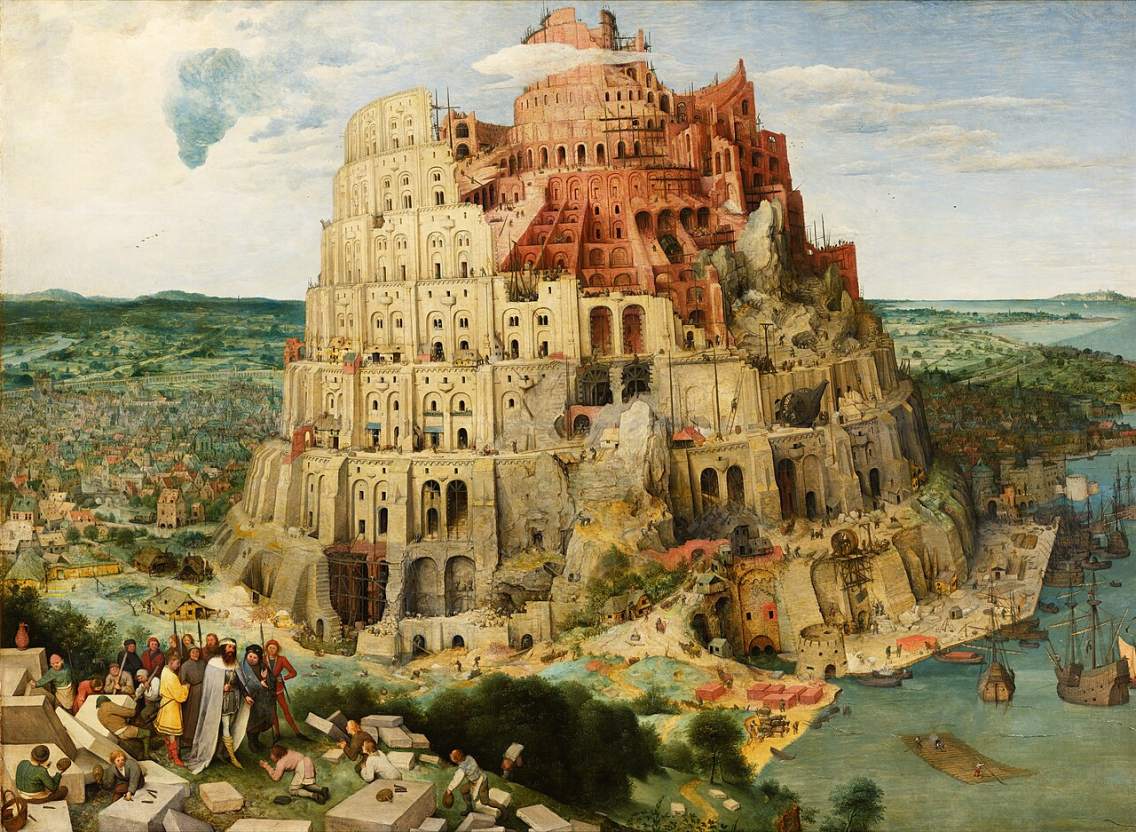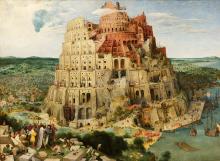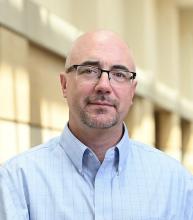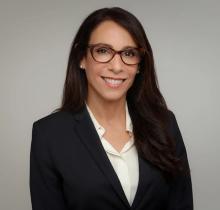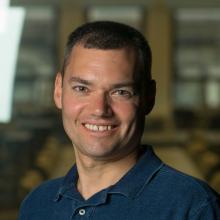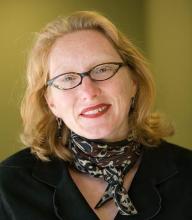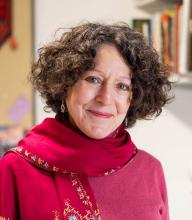
Resilient Democratization: Social and Political Change in Iran and Beyond
The Rohatyn Center for Global Affairs program on Security and Global Affairs presents “Resilient Democratization: Social and Political Change in Iran and Beyond” with Norma Claire Moruzzi.
Based on the author’s book, “Tied Up in Tehran: Women, Social Change, and the Politics of Daily Life in Postrevolutionary Iran” (Cambridge University Press, 2025), this talk examines the social conditions that gave rise to the widespread street protests in Iran and the ensuing violent state repression during the winter of 2025–26. It further explores the broader implications of these developments for democratization and regional security in the Middle East.
Norma Claire Moruzzi is Professor of Political Science and Gender and Women’s Studies, with Affiliations in History and Art History, Director of the International Studies Program, and Co-Chair of the Middle East and Muslim Societies Cluster at UIC. She is an Associate Editor for the journal Iranian Studies, and a past chair and member of the editorial committee of the journal Middle East Report. Her research and teaching address the politics of social identity, with particular emphasis on the intersection of gender, religion, and nationalisms.
In-person event. For more information on the Rohatyn Center for Global Affairs, click here.
Robert A. Jones '59 Conference Room
Open to the Public

